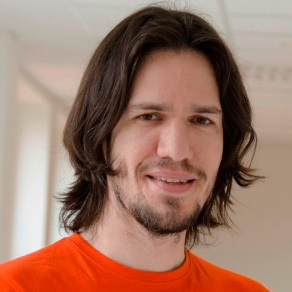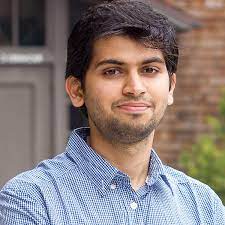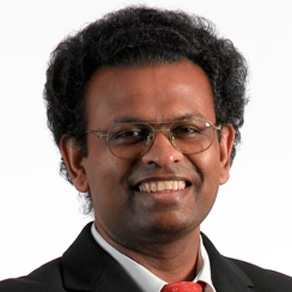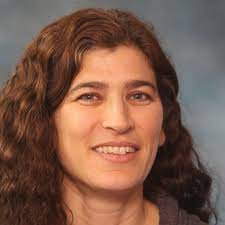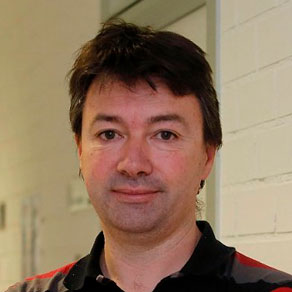
Eneko Agirre
[introductory/intermediate] Natural Language Processing in the Large Language Model Era
Summary
Deep learning models have been successfully applied to natural language processing, and are now changing radically how we interact with machines, as seen in machine translation, search engines, Siri, Alexa and GPT to name a few. These models are able to infer a continuous representation for words and sentences, and generalize to new tasks with much less training data.
The course will introduce the main deep learning models used in NLP, including transformers and pre-trained language models such as GPT4, T5 and BERT, and their use in fine-tuning and prompting, as well as instruction learning and human feedback. Attendants will be able to understand the models and play with implementations in Keras.
Syllabus
- Introduction to NLP and DL
- Multilayer Perceptron and Transformer
- Language models, fine-tuning, prompting and human feedback
References
Deep Learning. Ian Goodfellow, Yoshua Bengio and Aaron Courville. 2015.
Natural Language Processing with Pytorch. Delip Rao and Brian McMahon. 2019.
Deep Learning with Python. Francois Chollet. 2017.
Liu et al. (2021). Pre-train, prompt, and predict: A systematic survey of prompting methods in natural language processing. arXiv:2107.13586.
Zhao et al. (2023). A Survey of Large Language Models. arXiv:2303.18223.
Hugging Face Course: https://huggingface.co/course
Pre-requisites
Addressed to professionals, researchers and students who want to understand and apply deep learning techniques to text. The practical part requires basic programming experience.
Short bio
Eneko Agirre is the director of HiTZ, the Basque Center for Language Technology (hitz.eus), and full profesor in the Computer Science department of the University of the Basque Country (UPV/EHU). He has published over 150 international peer-reviewed articles and conference papers in NLP. He has been secretary and president of the ACL SIGLEX, member of the editorial board of Computational Linguistics, Transactions of the ACL and Journal of Artificial Intelligence Research. He is co-founder of the Joint Conference on Lexical and Computational Semantics (*SEM), now in its 12th edition. He is a usual reviewer for top international journals, a regular area chair and member of the program committees for top international conferences. He has coordinated several national and European projects. He has received three Google Research Awards in 2016, 2018 and 2019, and five best paper awards and nominations. Several PhD dissertations under his supervision have received the SEPLN, Spanish Computer Science and EurAI 2021 best PhD awards. He received the Spanish Computer Science Research Award in 2021, and is one of the 80 fellows of the Association of Computational Linguistics.








